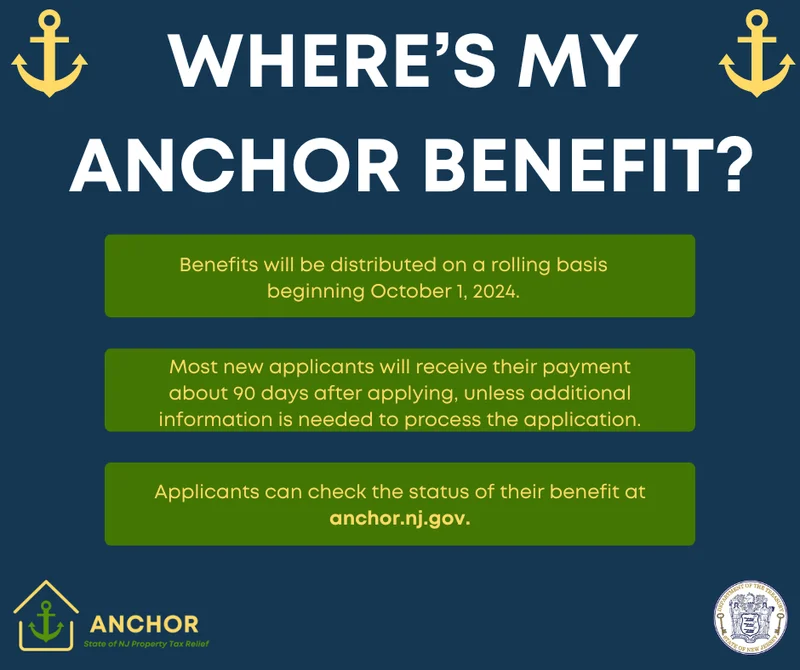Common Ground: What It Means and Why It Matters – What Reddit is Saying
Is Your Sleep Aid Sabotaging Your Heart? A Wake-Up Call
Okay, folks, let's talk about sleep. We all crave it, chase it, and sometimes, even medicate ourselves to get it. Melatonin, that seemingly harmless over-the-counter sleep aid, has become a staple in many households. But new research presented at the American Heart Association's Scientific Sessions is throwing a wrench in our collective quest for a good night's rest, and it's got me thinking—are we trading sleep for something far more precious: our heart health?
The study, still awaiting peer review, suggests a concerning link between long-term melatonin use and heart failure. We're talking about an 89% higher risk of heart failure over five years for those popping melatonin for more than a year! And—gulp—a doubling of the risk of death from any cause. Now, before you toss your melatonin bottle in the trash, let's unpack this a bit. The researchers, led by Ekenedilichukwu Nnadi at SUNY Downstate/Kings County Primary Care, analyzed data from over 130,000 adults, comparing those prescribed melatonin long-term to those who weren't. And, it's important to highlight that this study doesn't definitively prove that melatonin causes heart problems. It simply shows an association.
The Fine Print and the Big Picture
Here's the catch: the study used prescription records to track melatonin use. This means the control group—those not taking melatonin—might have included folks in the US who were self-medicating with over-the-counter melatonin. Carlos Egea, President of the Spanish Federation of Sleep Medicine Societies, rightly points out this limitation. But even with this caveat, the findings are unsettling. Think of it like this: imagine you are driving down a road, and you start to see an increasing number of cars pulled over with flat tires. You wouldn't necessarily conclude that the road causes flat tires, but you'd probably slow down and pay closer attention, right?
This study is our "flat tire" warning. It's a sign that we need to be more cautious about how we're using melatonin, especially given its widespread availability and the lack of long-term research. After all, this supplement replicates a hormone naturally produced by the brain, and messing with hormones is always a delicate game. As Nnadi wisely stated, "Melatonin supplements may not be as harmless as commonly assumed," and if confirmed, these findings could change how doctors advise patients.
And here's where it gets really interesting. The researchers also found that those who took melatonin for over a year were almost 3.5 times as likely to be hospitalized for heart failure, and the risk of dying from any cause jumped significantly. This is no time to panic, but it is time for a serious conversation about responsible usage. What are the long-term effects that we haven't even begun to understand? What happens when we consistently override our body's natural rhythms?

It's easy to fall into the trap of viewing supplements as inherently safe simply because they're "natural." But natural doesn't automatically equal harmless. Even in the short term, melatonin can have downsides, as evidenced by recent non-fatal overdoses among children in Australia. It raises a crucial question: are we fully informed about the potential risks before reaching for that bottle on the shelf? Reports indicate a Common Supplement Shows Concerning Link to Heart Failure.
A Time for Vigilance, Not Fear
So, what's the takeaway? This research is a wake-up call—a reminder that we need more data, more rigorous studies, and more open dialogue about the long-term effects of melatonin. It doesn't mean melatonin is inherently evil, but it does mean we should approach it with respect and caution. We need to push for more comprehensive research, encourage responsible usage, and empower individuals to make informed decisions about their health.
When I first read about this research, I honestly felt a pang of concern. I know so many people who rely on melatonin to get a decent night's sleep. But then I thought: this isn't a reason to despair; it's a reason to demand better. It's a reason to push for more research, more transparency, and more responsible use of this widely available supplement. What if this is the catalyst for a new era of personalized sleep solutions tailored to individual needs and risks? What if this pushes us to explore the root causes of insomnia instead of simply masking the symptoms?
The Future of Sleep is Data-Driven
This isn't just about melatonin; it's about our relationship with technology and our bodies. It's about embracing data-driven insights to make informed decisions about our health and well-being. It's about recognizing that even the most seemingly benign interventions can have unforeseen consequences. And it's about demanding a future where healthcare is proactive, personalized, and powered by knowledge.
Time to Wake Up and Demand Answers
-

Warren Buffett's OXY Stock Play: The Latest Drama, Buffett's Angle, and Why You Shouldn't Believe the Hype
Solet'sgetthisstraight.Occide...
-

The Great Up-Leveling: What's Happening Now and How We Step Up
Haveyoueverfeltlikeyou'redri...
-

The Business of Plasma Donation: How the Process Works and Who the Key Players Are
Theterm"plasma"suffersfromas...
-

NJ's ANCHOR Program: A Blueprint for Tax Relief, Your 2024 Payment, and What Comes Next
NewJersey'sANCHORProgramIsn't...
-

Zcash's Zombie Rally: The Price Prediction vs. What Reddit Is Saying
So,Zcashismovingagain.Mytime...
- Search
- Recently Published
-
- Blue Owl: Capital, Stock, & Private Credit Dynamics
- Switzerland: Time Zones, Major Hubs, & Key Logistical Data
- Cook County Treasurer: property taxes, bills, login, and how to pay
- Alibaba Stock: What's Driving the Price Today
- CoreWeave (CRWV): What's Driving Its Stock and Analyst Targets
- ANyONe Protocol: What it is and the real story
- Avicii: How AI is Continuing His Musical Legacy
- Bitcoin: What the Shutdown's End Means for the $112K Forecast
- The AI Debt Boom: Analyzing the Real Financial Risk
- Zcash's Historic Surge: Privacy, Potential, and What's Next
- Tag list
-
- carbon trading (2)
- Blockchain (11)
- Decentralization (5)
- Smart Contracts (4)
- Cryptocurrency (26)
- DeFi (5)
- Bitcoin (30)
- Trump (5)
- Ethereum (8)
- Pudgy Penguins (5)
- NFT (5)
- Solana (5)
- cryptocurrency (6)
- XRP (3)
- Airdrop (3)
- MicroStrategy (3)
- Stablecoin (3)
- Digital Assets (3)
- PENGU (3)
- Plasma (5)
- Zcash (7)
- Aster (4)
- investment advisor (4)
- crypto exchange binance (3)
- SX Network (3)
